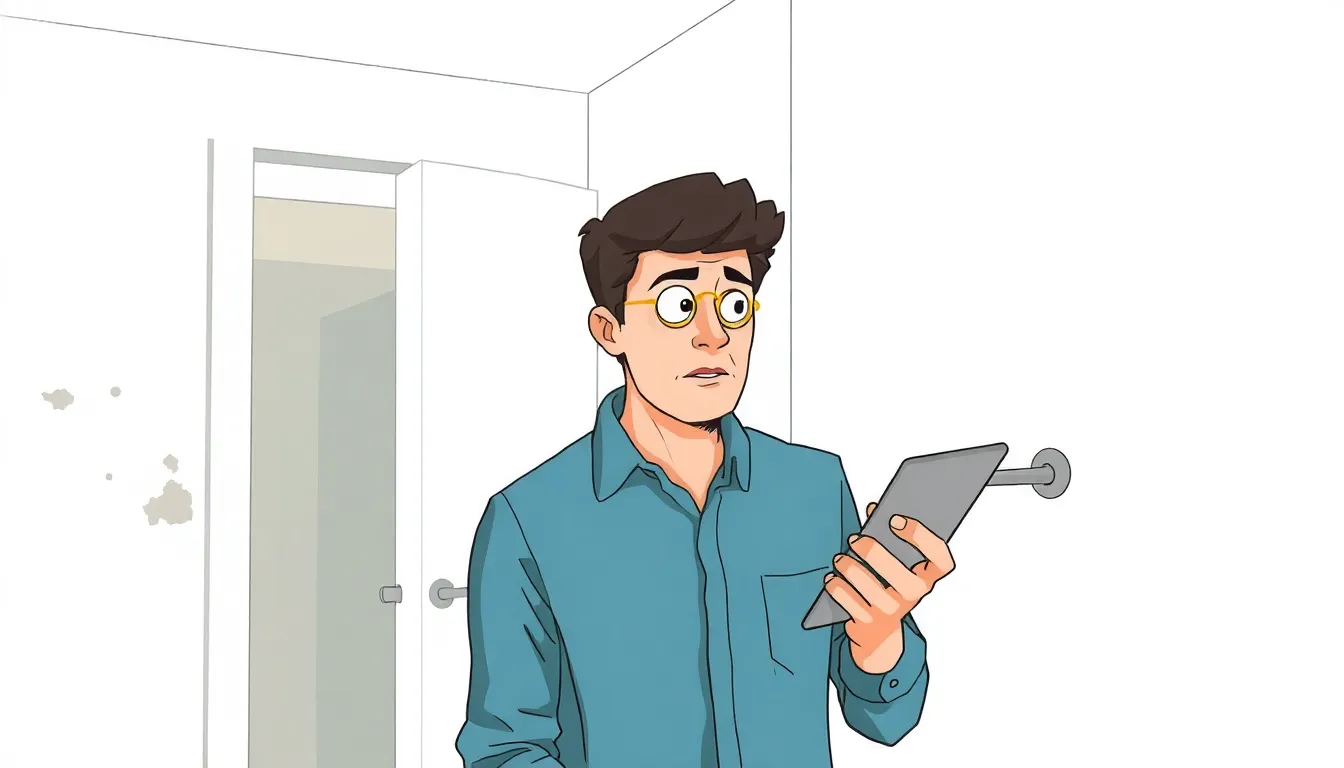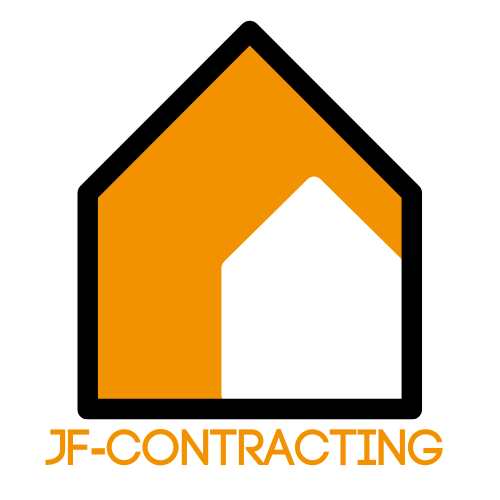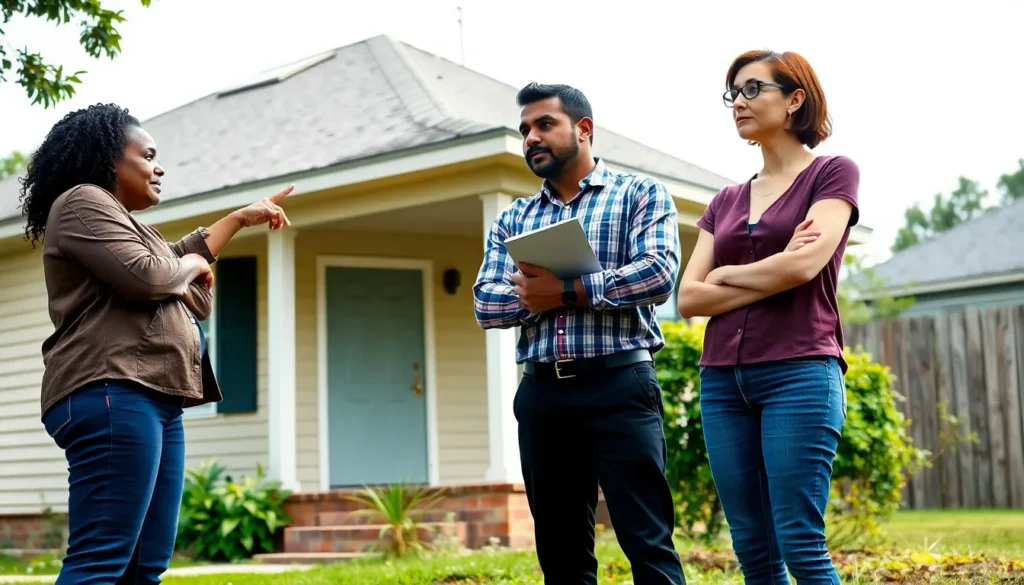In the land of sweet tea and Southern hospitality, tenants in South Carolina might find themselves in a pickle when it comes to rent. Picture this: a leaky roof, a broken heater in the dead of winter, or perhaps a landlord who thinks “urgent repairs” means waiting until next Tuesday. Understanding tenant rights can feel like navigating a maze, but knowing when and how to withhold rent can save the day.
South Carolina law offers tenants certain rights that can empower them to take action. It’s not just about paying rent; it’s about ensuring a safe and livable home. So grab your favorite snack and settle in as we break down the ins and outs of withholding rent, making it as clear as a Carolina blue sky. Because when it comes to your home, you deserve more than just a roof over your head.
Overview of South Carolina Tenant Rights
South Carolina tenants possess specific rights aimed at ensuring safe and habitable living conditions. These rights include the right to a legally compliant rental unit, meaning properties must meet state and local health and safety codes. Tenants can expect repairs in a timely manner when issues arise, such as plumbing failures or heating system malfunctions.
South Carolina law provides tenants the right to request urgent repairs. Landlords must address significant issues that impact health or safety, often within 14 days of notification. If a landlord neglects necessary repairs, tenants may have grounds to withhold rent. It’s critical to document all communication regarding repair requests, including dates and details of the issues.
Tenants also hold a right to privacy, affording them protection against unwarranted entry by landlords. Landlords must provide proper notice, typically 24 hours, before entering the rental unit for inspections or repairs. Respecting this right fosters trust and ensures a suitable living environment.
Additionally, tenants are protected under anti-retaliation laws. If a tenant exercises their rights, such as reporting code violations, a landlord cannot retaliate by increasing rent or terminating the lease. Understanding these protections empowers tenants to advocate for their needs without fear of repercussion.
In South Carolina, tenants can further seek remedies through small claims court for unresolved disputes. Seeking legal advice regarding specific situations often helps tenants navigate their rights effectively. Prioritizing knowledge of these rights significantly enhances a tenant’s ability to maintain a safe, comfortable home.
Conditions for Withholding Rent

Withholding rent in South Carolina requires specific conditions to protect tenants’ rights. Tenants must understand the key circumstances under which they can legally withhold rent.
Habitability Issues
Habitability issues create a strong basis for withholding rent. Problems such as mold growth, pest infestations, or lack of hot water significantly affect living conditions. When a rental unit fails to meet health and safety regulations, tenants may report these issues to their landlords. If landlords do not address habitability concerns within 14 days, tenants can pursue withholding rent as a remedy. It’s essential for tenants to document all requests and communications to support their claims effectively.
Landlord’s Responsibilities
Landlords have specific responsibilities to ensure rental properties remain habitable. Promptly completing necessary repairs is crucial. They must adhere to state laws regarding maintenance and respond to tenant requests within a reasonable timeframe. For instance, issues like broken heaters or leaking roofs must be addressed quickly to maintain livable conditions. When landlords neglect these duties, tenants hold the right to withhold rent until problems are fixed. Thorough documentation of repair requests helps reinforce tenants’ positions if disputes arise.
Legal Procedures for Withholding Rent
Tenants in South Carolina must understand the legal procedures involved in withholding rent. This action requires adherence to specific guidelines to ensure their rights are protected.
Notification Requirements
Tenants must notify their landlords of any issues affecting habitability in writing. This notice triggers the landlord’s obligation to address the problems within 14 days. Communication should include clear details about the issues, such as dates and specific concerns like leaks or pests. Timely delivery of notifications reinforces tenants’ positions should disputes arise. Landlords should receive proper notice to ensure they can rectify any conditions affecting the rental unit.
Documentation
Thorough documentation plays a crucial role in the process. Keeping records of all communications with landlords strengthens tenants’ claims when withholding rent. This includes copies of written notices, photographs of unresolved issues, and any responses from the landlord. Maintaining a timeline of events provides a clear picture of the situation, which can be essential in court if necessary. Detailed notes about repair requests or in-person conversations also support tenants’ rights effectively, ensuring they build a solid case for withholding rent.
Potential Risks of Withholding Rent
Withholding rent in South Carolina carries several risks for tenants. Tenants may face eviction proceedings if they withhold rent without sufficient legal grounds. Nonpayment of rent often prompts landlords to initiate immediate legal action, even in cases where maintenance issues exist.
Legal repercussions frequently arise. Courts may not favor tenants if they fail to document repair requests appropriately. It’s essential for tenants to prove they notified their landlords in writing of any habitability concerns. Moreover, valid reasons for withholding rent must align with state laws to stand up in court.
Retaliation from landlords represents another potential risk. Landlords might retaliate against tenants who assert their rights by filing complaints or withholding rent. Such actions can lead to complicated landlord-tenant disputes that escalate unnecessarily.
Financial consequences emerge from withholding rent too. Accumulating unpaid rent can create a significant financial burden, resulting in potential credit score damage. Failing to pay rent consistently can complicate future housing applications as rental history impacts tenant evaluations.
Additionally, withholding rent does not guarantee immediate improvements. Tenants may wait for longer than expected for necessary repairs, leading to frustration. Delays can extend beyond the 14-day period, forcing tenants to reconsider their options as living conditions can remain unfavorable.
Documenting all communication and repair requests is crucial. Tenants should maintain diligent records to substantiate their claims. Keeping copies of notices and photographs of unresolved issues strengthens their position in disputes. Effective communication promotes a collaborative approach between landlords and tenants while maintaining legal protection.
Alternatives to Withholding Rent
Exploring alternatives to withholding rent can help tenants address issues without risking eviction. Tenants may choose to submit a formal repair request instead. This approach includes detailing the specific issues and requesting timely repairs, ensuring clear communication with the landlord.
Another option involves contacting local housing authorities. Regulatory agencies assist tenants in understanding their rights and can mediate disputes between tenants and landlords. Engaging with these authorities often results in quicker resolutions.
Employing restorative measures, such as negotiating rent reductions, can also prove beneficial. Discussing the repair issues directly with landlords may lead to mutually agreeable solutions. Tenants should document all discussions to maintain a solid record.
Seeking legal assistance provides an advantageous route as well. Consulting with a tenant rights attorney can clarify legal rights and potential actions. Legal professionals offer valuable insights into navigating housing laws.
Utilizing small claims court represents another alternative for unresolved disputes. Tenants may file a claim for damages related to landlord negligence. Preparing documentation and evidence strengthens their case in court settings.
Communicating with tenant advocacy groups offers additional support. These organizations provide resources and guidance for asserting rights effectively. Connecting with fellow tenants facing similar issues fosters community support.
Alternatively, tenants can consider mediation services. Mediation facilitates constructive dialogue between tenants and landlords, often leading to satisfactory agreements. This collaborative approach avoids the adversarial nature of court proceedings.
Addressing tenant-landlord disputes through various channels can lead to better outcomes without resorting to withholding rent. Prioritizing clear communication and utilizing available resources enhances the chances of achieving a positive resolution.
Understanding tenant rights in South Carolina is vital for ensuring safe and livable housing. Withholding rent can be a powerful tool for tenants facing unresolved habitability issues. However it comes with risks that require careful consideration and documentation.
By communicating effectively with landlords and maintaining thorough records tenants can better protect their rights. Exploring alternatives such as mediation or legal assistance can also lead to satisfactory resolutions without the need for drastic measures. Ultimately knowledge of these rights empowers tenants to advocate for themselves while fostering a more cooperative relationship with their landlords.








